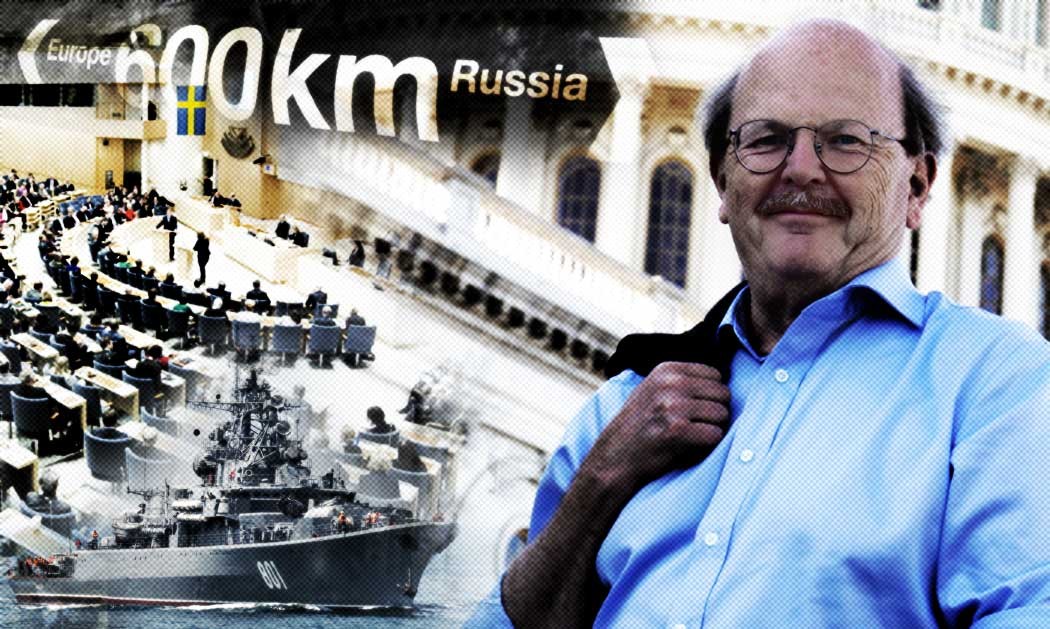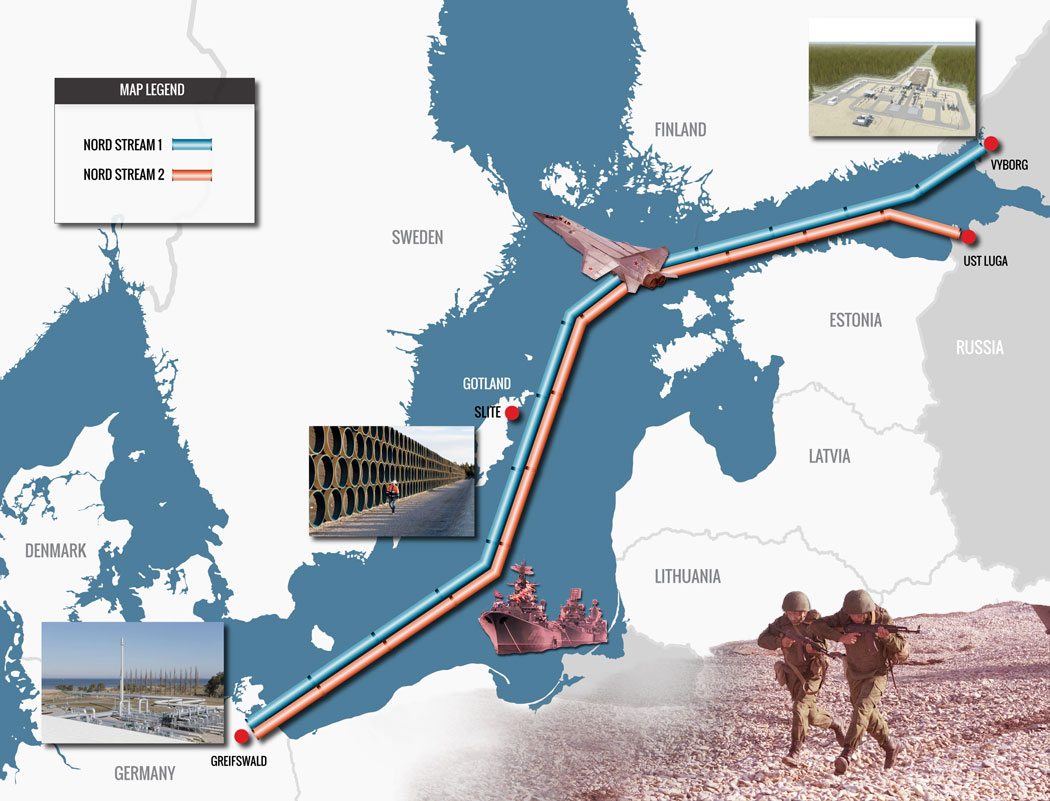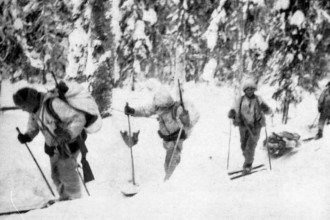What a year! There is still time for more misery to befall the world before the history books are closed by the New Year. But with only a few days days left, I dare to bet half of the winnings from the next lottery on the prediction that 2016 was one of the darkest years in foreign policy since World War II.
This evidence-based statement does not exclude that 2017 may be even worse.
The concentration of evil in Syria is part of a mix of growing issues that affect Sweden’s security situation, and includes the ongoing war in Ukraine, aggression against the Baltic states, as well as annexations of Crimea, Abkhazia and South Ossetia. We can add to these, the insidious divisions that are growing within the EU and concerns about the affects of Trumputin on the Western alliance after a disastrous US election victory in November.
Defense Minister Peter Hultqvist’s leadership last week to reject Russia’s shady military maskirovka on Gotland and Blekinge offered a soothing contrast to the Alliance Government’s handling of the Russian Nord Stream 1 gas pipeline.
We replayed some key historical moments over the short autumn months: while others mourned Fidel Castro’s final departure, I recalled the mood during the October 1962 Cuban missile crisis, when my father said that war might follow Soviet attempts to convert Cuba into a base for nuclear missiles. “If War Comes” was the name of a brochure that was distributed to all Swedish households, in which the King and former Prime Minister, Tage Erlander, suggested that everyone record their belongings in order to apply for future compensation in case of any losses due to war.

From this perspective, Defense Minister Peter Hultqvist’s leadership last week to reject Russia’s shady military maskirovka on Gotland and Blekinge offered a soothing contrast to the Alliance Government’s handling of the Russian Nord Stream 1 gas pipeline. This important decision, that has now been adopted in 2016, without even a press release, would have been impossible in 2008-2009.
Those of us who were in the camp opposing the Kremlin in parliament back then and raised warnings about the first Nord Stream project project, might be forgiven for feeling somewhat vindicated today. We are right today, just as we as we were right then. I’m guessing that my former Moderate Party parliamentary colleagues in the Defence Committee, Rolf K. Nilsson, Isabella Hökmark and Nils Oskar feel the same way, after the latter ended up in the “freezer” [a term for those who have been sidelined from discussions by party leadership- ed]. (see Mats Johansson’s essay “En knapptryckares bekännelser” Neo No. 6/2014).
I was not spared the honour of the ostracism they faced. As a Member of the Parliamentary Foreign Affairs Committee for eight years; I too was frostbitten.
Some of the credit for the latest success of the Nord Stream issue has fallen, eight years later, on the Moderates defense critic, Hans Wallmark – the man behind the Moderates policy shift towards rearming and Swedish NATO membership – who kept the issue alive ever since we visited the Slite harbour the day before excavation began on November 13, 2009.
But history rarely ends. The Cold War has come back, in a second version, to which I dedicated a book, “The Cold War 2.1 – The Evil Empire’s Return.” My analysis assumes that it never really ended and that the present situation is the logical consequence of having a KGB officer in power in the Kremlin after a brief, parenthetical, “liberal” pause.
The Alliance Government’s misguided decisions on the pipeline have a tangled history (and everything about it is probably not yet public) involving former Prime Minister Göran Persson’s relationship with Putin’s project manager, Gerhard Schroeder (then German Chancellor and now chairman of Nord Stream 2). Today, Putin’s supporters in Sweden have other names: Handelsbanken’s former Chief Lars O. Grönstedt is an advisor to Nord Stream and Ambassador Sven Hirdman, who is among Russian Foreign Minister Sergei Lavrov’s favourite Swedish diplomats
MAP OF NORD STREAM I & II ROUTES
Among the winners is Moderate Party MEP Gunnar Hökmark, who fought for the liberation of the Baltic States a quarter-century ago and now against all of Putin’s supporters in Sweden. He has constantly stressed the importance of high level preparedness against the Kremlin’s manipulations in the region. With that understanding, it was natural that he advanced EU regulations that would counter Russian gas expansion, and more importantly, he has rallied EU support for Eastern Europe’s opposition to the second Nord Stream pipeline.
Other opinion leaders who have played an important role are General Karlis Neretnieks – the last commander of Swedish forces on Gotland, Hain Rebas, who was once Estonia’s defense minister, and Colonel Bo Hugemark, one of the authors of Operation Garbo.This is politics at its best, an ideological struggle on the ground. It’s values versus values, Swedish values against foreign interests. The conflict is very clear; us against them. But it does not only have the right but also to get right. Thanks to the Swedish government, the opposition, the Supreme Commander, Security Service, and all of those in the Foreign Office, FO and FOI who have contributed. And not least those who are in power in the Kremlin whose actions have confirmed our hypotheses.
Mats Johansson fought against Putin’s policy of aggression for eight years as a Moderate Party MP in the Foreign Affairs Committee from 2006 to 2014 and continues as chairman of the think tank Frivärld (Stockholm Free World Forum).
This piece originally appeared in Svenska Dagbladet and was translated by UpNorth with the kind permission of the author.



